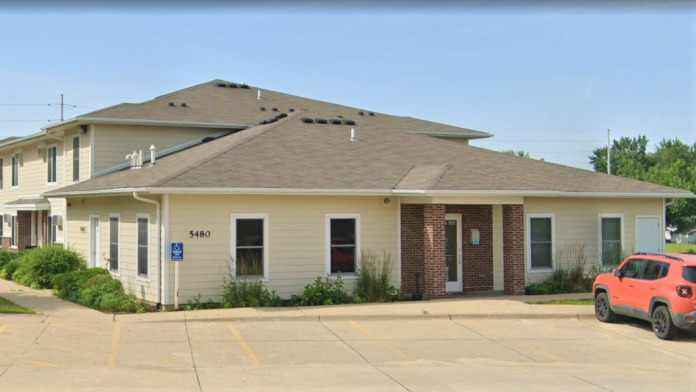About ASAC – Area Substance Abuse Council – The Way Home – Cedar Rapids
Area Substance Abuse Council (ASAC) is an organization that helps individuals who are dealing with substance abuse. The Way Home is a transitional housing facility in Cedar Rapids, Iowa that provides people recovering from addiction with long term housing that is low cost and safe. Priority will be given to clients who have recently completed substance use disorder treatment.
The housing facility is a twenty four unit apartment complex that features two bedroom and three bedroom units. The whole complex is drug and alcohol free. Your apartment will be furnished with appliances such as a dryer and washer, a stove, a refrigerator, and a microwave.
Moving to a new place can sometimes be stressful for children. The playground and basketball court can make the transition a little easier by giving your kids an area where they can play and have fun. There’s also a community room available for activities and social gatherings. While you’re living in the transitional home, you can still continue to participate in substance use disorder outpatient treatment and NA or AA meetings.
Area Substance Abuse Council desires to see their clients continue to become more self sufficient through their hard work. Based on the guidelines of the Affordable Housing Network and the Department of Housing and Urban Development, you’ll have to meet certain criteria to be eligible for the transitional housing program. Some of the criteria include having at least two months of verifiable employment and income that’s below 50% of the regional median income.

